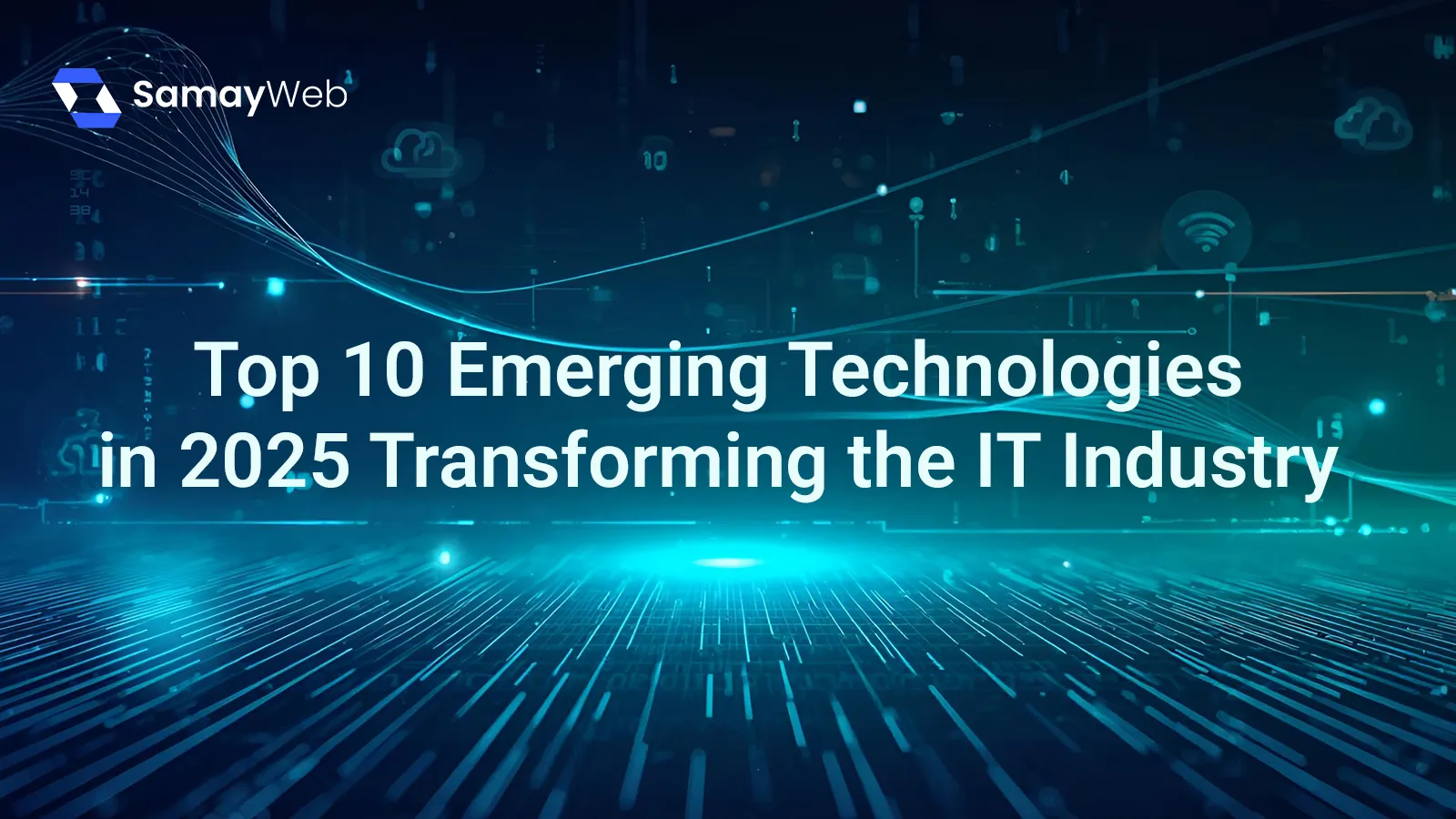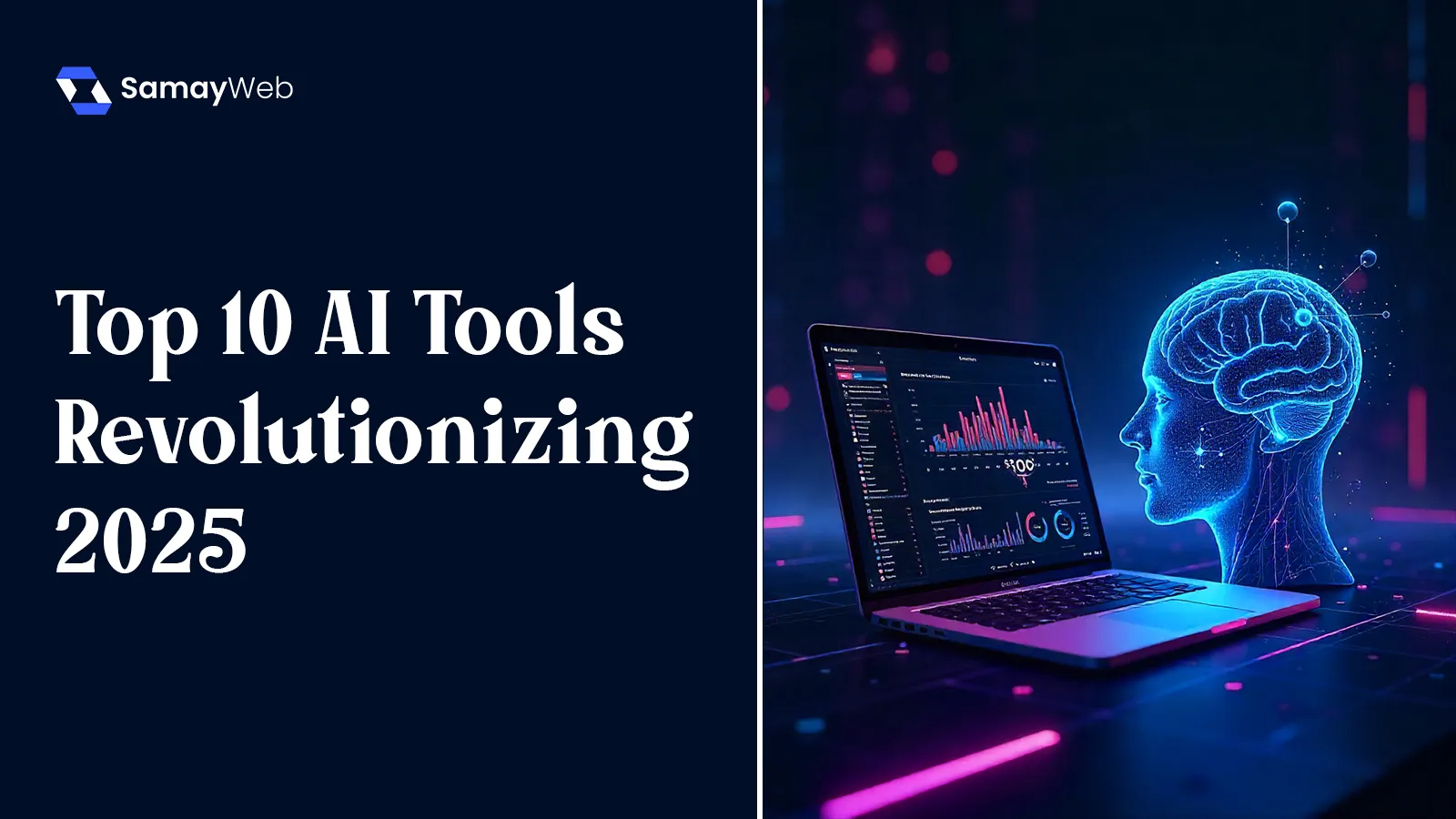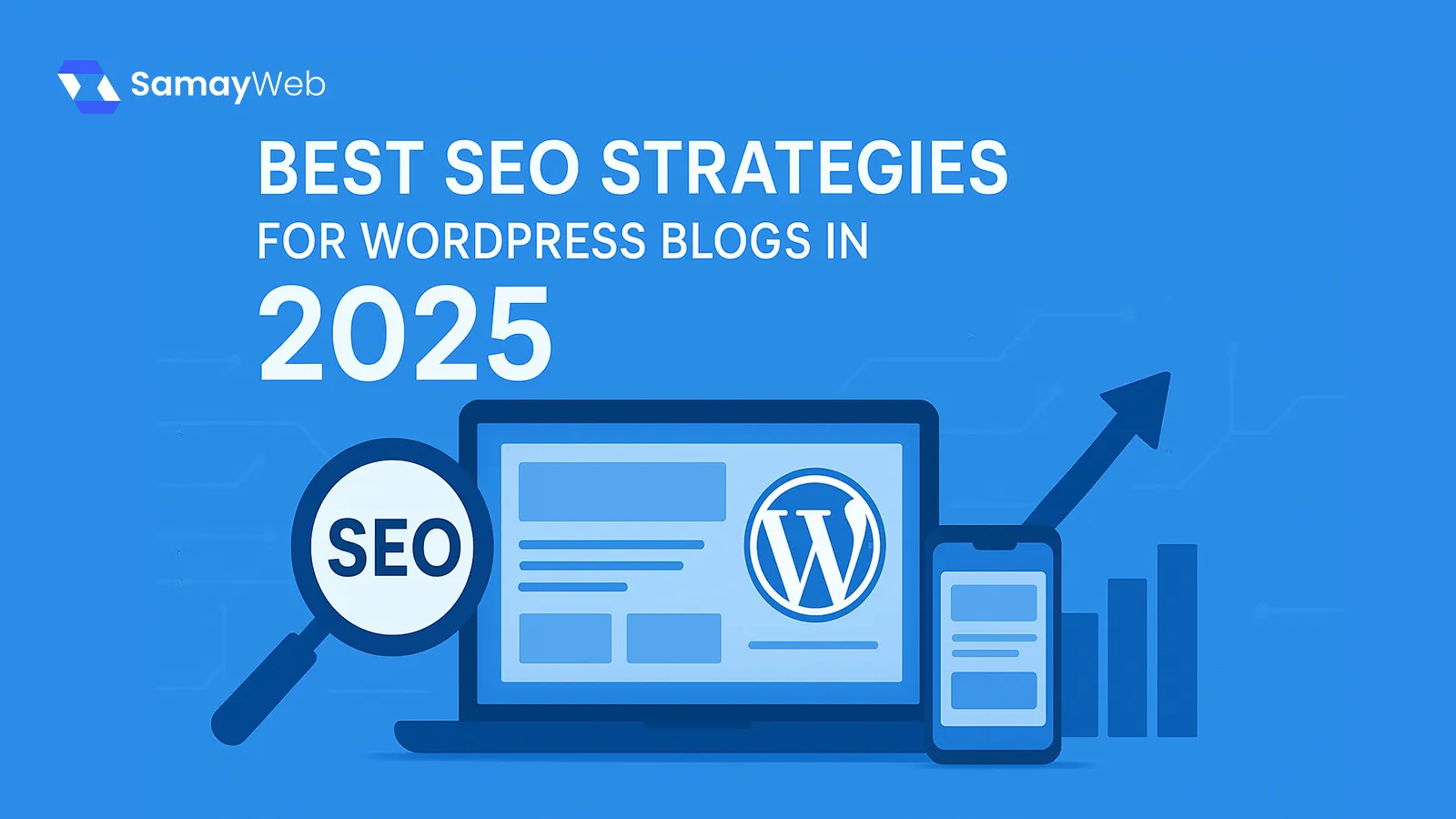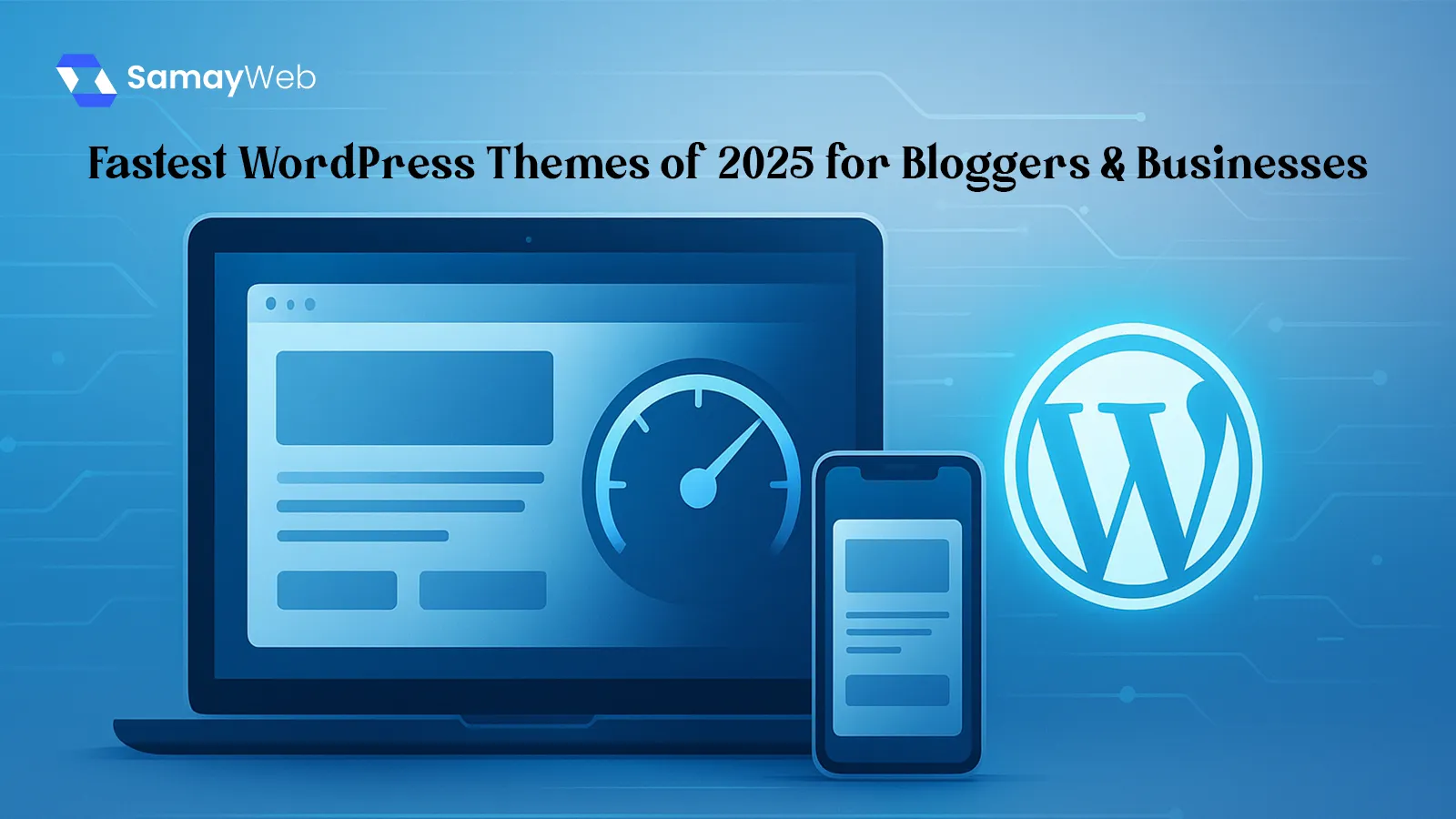Introduction
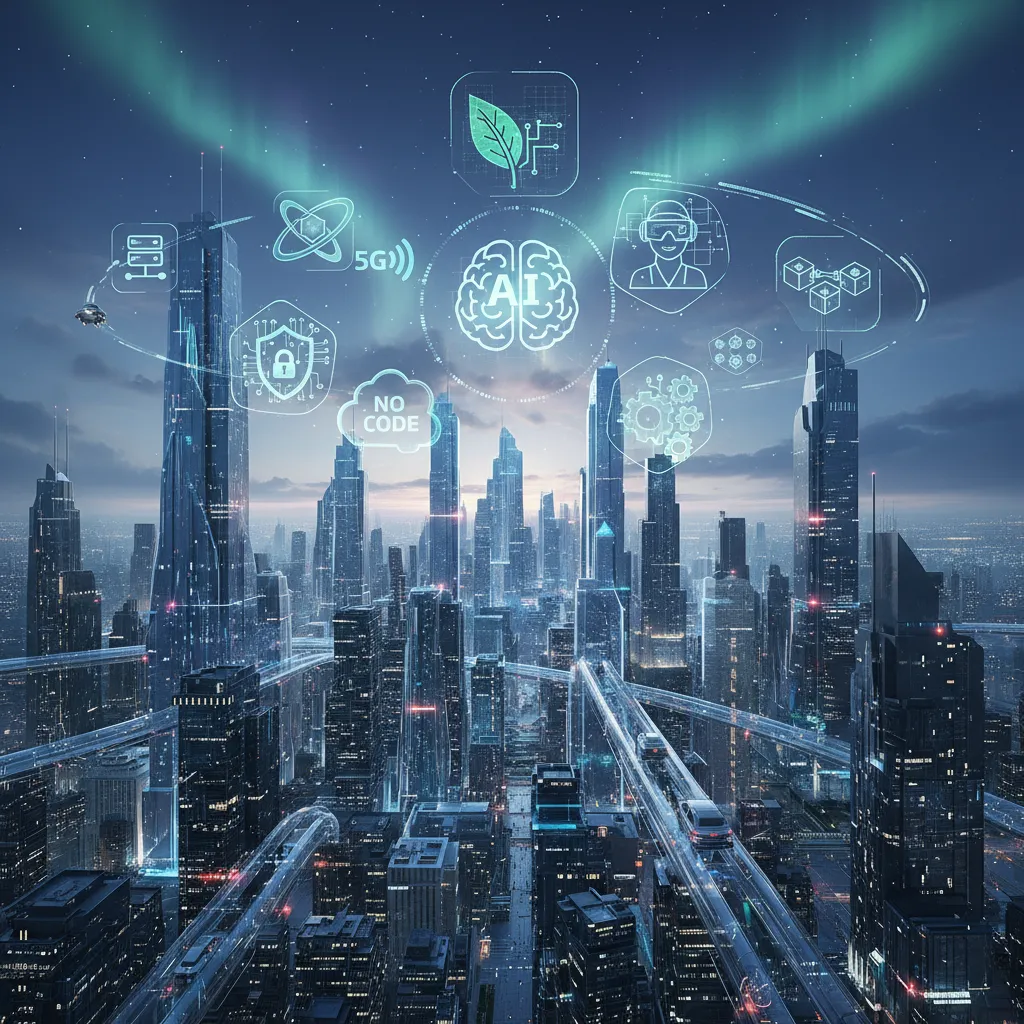
The IT industry stands at the precipice of its most transformative era yet. As we move through 2025, groundbreaking technologies are fundamentally reshaping how businesses operate, innovate, and deliver value. For technology leaders and professionals, understanding these trends isn’t just important—it’s mission-critical for remaining relevant in a hypercompetitive digital landscape.
10 Emerging Technologies in 2025
1. Generative AI
Generative AI, powered by advanced models, is driving automation, creativity, and hyper-personalization. Its ability to generate sophisticated content—text, images, code, and simulations—is already automating processes and redefining customer engagement across industries.
2. Quantum Computing
Quantum computing is transitioning from theory to practice, promising to revolutionize cryptography, optimization, and drug discovery. Its unparalleled processing power is set to solve problems intractable for classical computers, particularly in cybersecurity and advanced analytics.
3. 5G and 6G Connectivity
The rollout of 5G, with sights set on 6G, enables ultra-fast, low-latency network connectivity. This infrastructure supports everything from IoT and AR/VR to autonomous vehicles, making real-time data exchange ubiquitous.
4. Augmented Reality and Virtual Reality
AR and VR are powering immersive user experiences, with real applications in training, healthcare, remote collaboration, and retail visualization. The next wave—XR—converges these realities, blurring digital/physical lines.
5. Edge Computing
Edge computing distributes data processing closer to the source, reducing latency and bandwidth load while powering IoT—and enabling real-time analytics in manufacturing, healthcare, and smart cities.
6. Blockchain and Decentralized Technologies
Blockchain’s applications now stretch far beyond crypto—enabling secure, transparent supply chains, digital identities, financial services, and decentralized applications (dApps).
7. Low-Code/No-Code Development
Democratizing software creation, low-code and no-code platforms allow business users to automate workflows and build apps without deep technical skills—significantly accelerating digital transformation.
8. AI-Driven Cybersecurity
As threats evolve, AI-powered security solutions are proactively identifying vulnerabilities, automating responses, and managing dynamic risk—crucial for safeguarding enterprise data and reputation.
9. Robotic Process Automation & Hyperautomation
RPA, combined with machine learning, is powering hyperautomation, enabling the automation of increasingly complex business and IT processes, streamlining operations and freeing up human potential.
10. Sustainable (Green) IT
IT sustainability now underpins digital strategy, with innovations in energy-efficient data centers, green cloud computing, and sustainable hardware, driving both regulatory compliance and corporate responsibility.
Conclusion
The pace of technological change in 2025 is unprecedented, compelling every IT organization to adapt and innovate. From generative AI to green IT, these emerging technologies are redefining how data is processed, secured, and leveraged for growth. For IT leaders, early adoption and strategic integration of these trends offer pathways to resilience, competitive advantage, and sustained industry leadership.
Frequently Asked Questions
Which technology will have the biggest impact on the IT industry in 2025?
Generative AI leads in disruptive potential due to its ability to automate tasks, generate content, and drive innovation across all sectors.
How is quantum computing expected to change enterprise IT?
Quantum computing will deliver breakthroughs in cryptography, logistics, and complex simulations, fundamentally shifting data security and computational capacity.
What role does edge computing play in digital transformation?
Edge computing enables real-time decision-making and supports latency-sensitive applications, such as autonomous vehicles and smart city infrastructure.

